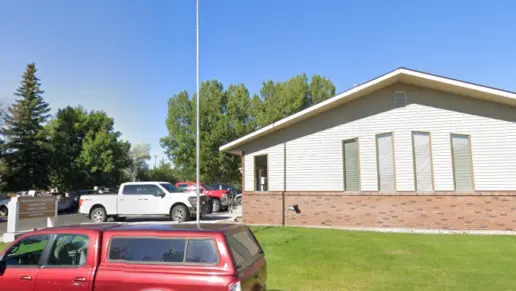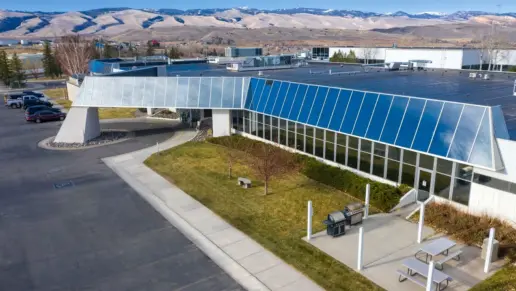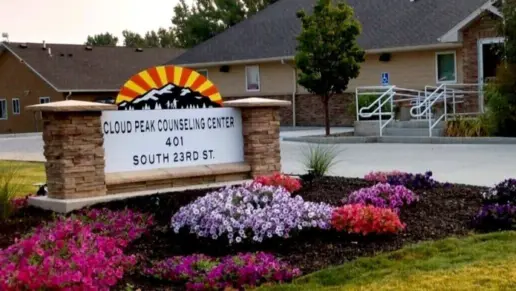About Cedar Mountain Center
Located in Cody, Wyoming, Cedar Mountain Center provides mental health and alcohol and drug rehab services to children, adolescents, and adults. Their services are provided through an intensive outpatient program.
Cedar Mountain Center offers comprehensive evaluations to determine the best treatment plan for each person. Services include:
Intensive Outpatient
Individual therapy, group therapy, family therapy, medication management, and educational classes are provided. To begin the process, each person will participate in an evaluation to create an individualized treatment plan that supports mental health and addiction recovery. Age specific care is provided, separating children, teens, and adults so they can focus on the appropriate areas of life and the common triggers experienced during each stage. Psychiatric services are included in this treatment program to ensure proper care and interventions are administered. Clients may choose to step into A]aftercare programming upon graduation. This includes self-help groups and continued maintenance.
Facility Overview
Rehab Score
Gallery
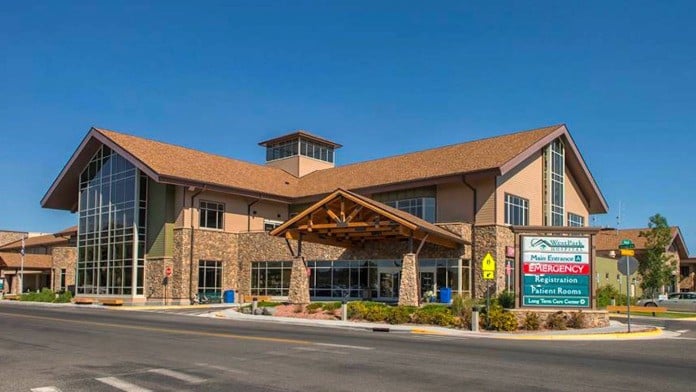
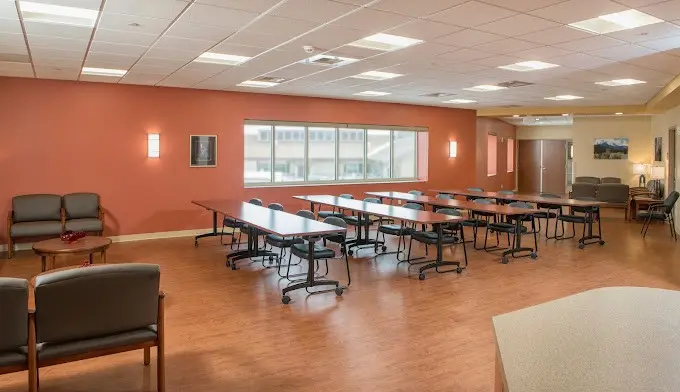
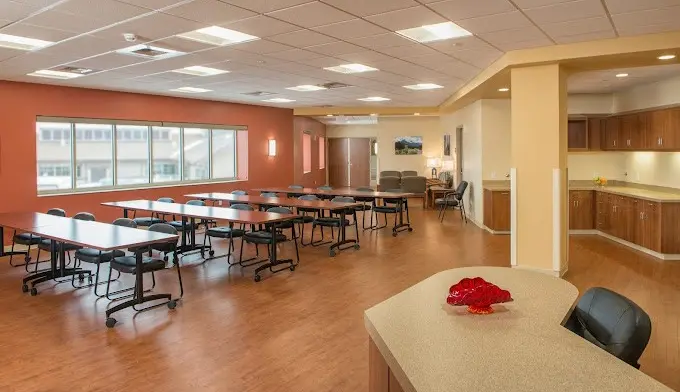
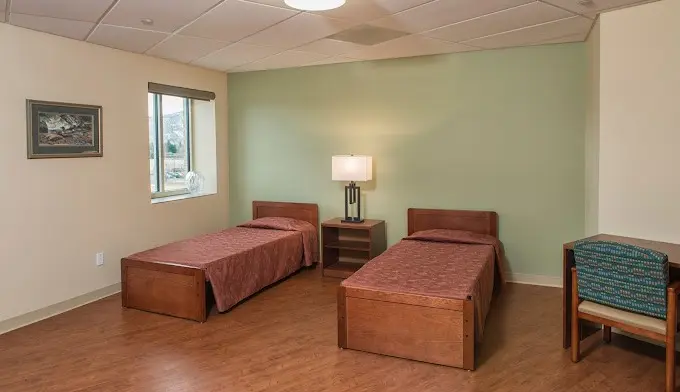
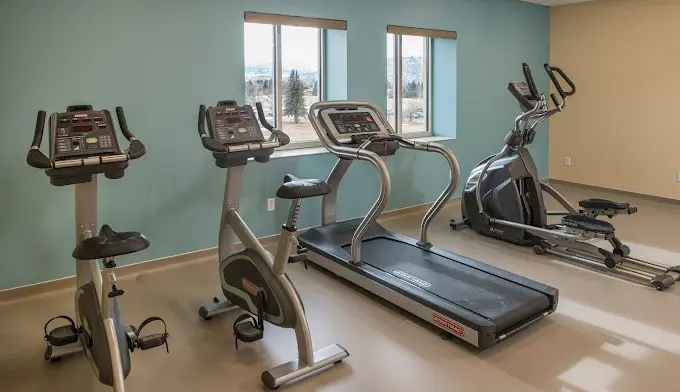
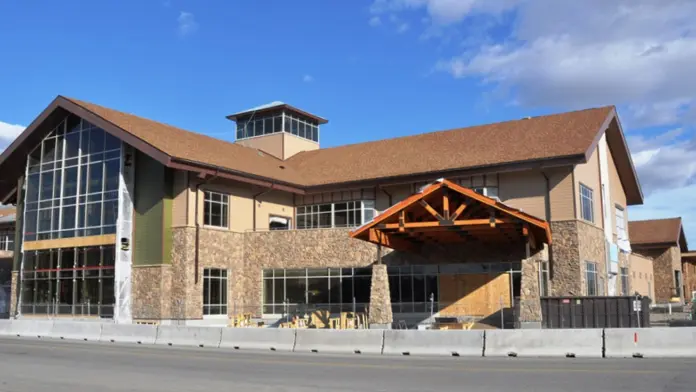
Location
Accepted Insurance
Other Forms of Payment
Self-pay involves paying for treatment out of your own pocket. You can use savings or credit, get a personal loan, or receive help from family and friends to fund your treatment. If you don't have insurance or your insurance plan doesn't cover a specific program, self-pay can help ensure you still get the care you need.
Private insurance refers to any kind of healthcare coverage that isn't from the state or federal government. This includes individual and family plans offered by an employer or purchased from the Insurance Marketplace. Every plan will have different requirements and out of pocket costs so be sure to get the full details before you start treatment.
Medicare is a federal program that provides health insurance for those 65 and older. It also serves people under 65 with chronic and disabling health challenges. To use Medicare for addiction treatment you need to find a program that accepts Medicare and is in network with your plan. Out of pocket costs and preauthorization requirements vary, so always check with your provider.
Military members, veterans, and eligible dependents have access to specific insurance programs that help them get the care they need. TRICARE and VA insurance can help you access low cost or no cost addiction and mental health treatment. Programs that accept military insurance often have targeted treatment focused on the unique challenges military members, veterans, and their families face.
Medicaid is a state based program that helps lower-income individuals and families pay for healthcare. Medicaid covers addiction treatment so those enrolled can use their coverage to pay for rehab. When a program accepts Medicaid the client often pays very little or nothing out of their own pocket.
Addiction Treatments
Levels of Care
Treatments
The goal of treatment for alcoholism is abstinence. Those with poor social support, poor motivation, or psychiatric disorders tend to relapse within a few years of treatment. For these people, success is measured by longer periods of abstinence, reduced use of alcohol, better health, and improved social functioning. Recovery and Maintenance are usually based on 12 step programs and AA meetings.
The programs offered at drug rehab in Wyoming address the underlying issues of addiction, with the goal being to get to the root of the problem. By learning to manage issues without substance use, you are empowered to live a healthy, drug-free life.
Co-occurring psychiatric disorders are common among those with alcohol and drug abuse and dependency issues. By treating addiction and co-occurring disorders simultaneously, treatment outcomes are enhanced. Their patients have access to this integrated treatment at Cedar Mountain Center.
Substance rehabs focus on helping individuals recover from substance abuse, including alcohol and drug addiction (both illegal and prescription drugs). They often include the opportunity to engage in both individual as well as group therapy.
Programs


Clinical Services
Experiential therapy is a form of therapy in which clients are encouraged to surface and work through subconscious issues by engaging in real-time experiences. Experiential therapy departs from traditional “talk therapy” by involving the body, and having clients engage in activities, movements, and physical and emotional expression. This can involve role-play or using props (which can include other people). Experiential therapy can help people process trauma, memories, and emotion quickly, deeply, and in a lasting fashion, leading to substantial and impactful healing. At least three times weekly their patients enjoy a fitness center where aerobic and strength training machines are available.
The family program is available to anyone impacted by a loved one's use of alcohol and/or drugs. The program is a three-day structured process directed at issues of illness and wellness in families affected by addiction. Sessions are attended by family members and the chemically dependent individual. Segments of the program are designed specifically for family members as they begin their healing process. Participants will have the opportunity to learn ways of working together to establish a new life of recovery.
Group therapy is any therapeutic work that happens in a group (not one-on-one). There are a number of different group therapy modalities, including support groups, experiential therapy, psycho-education, and more. Group therapy involves treatment as well as processing interaction between group members.
In individual therapy, a patient meets one-on-one with a trained psychologist or counselor. Therapy is a pivotal part of effective substance abuse treatment, as it often covers root causes of addiction, including challenges faced by the patient in their social, family, and work/school life.
Amenities
-
Mountain Views
Staff & Accreditations
Staff
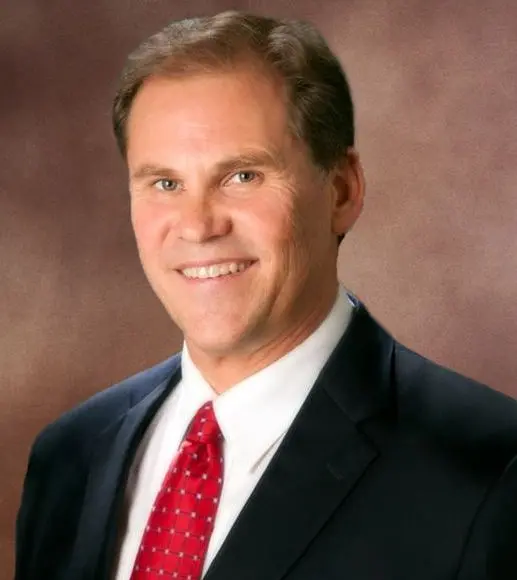
CEO

Chief Financial Officer
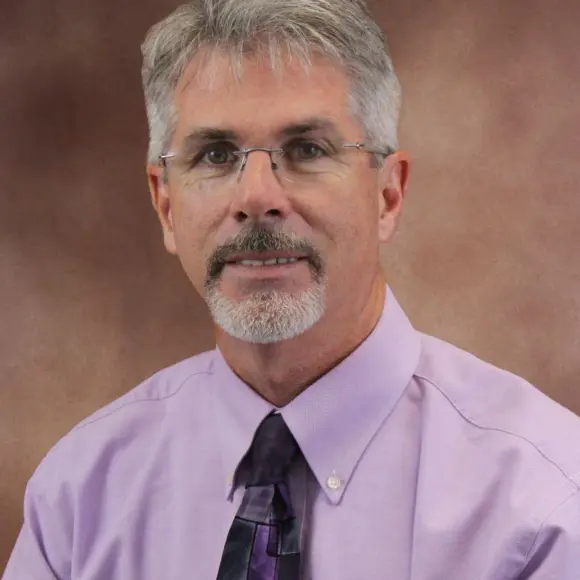
Human Resources Officer
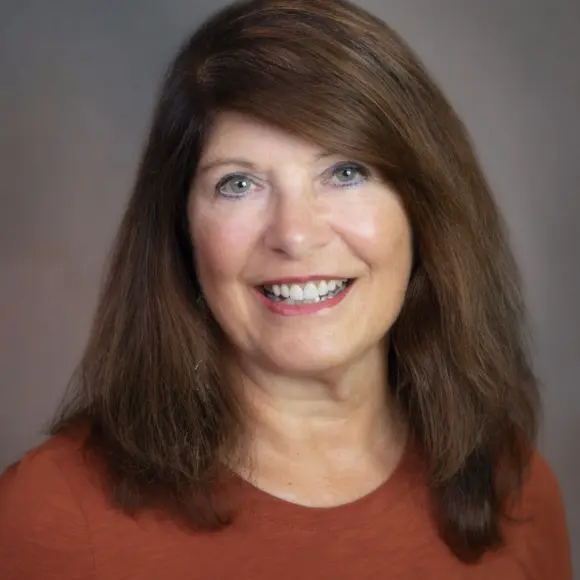
Chief Medical Officer
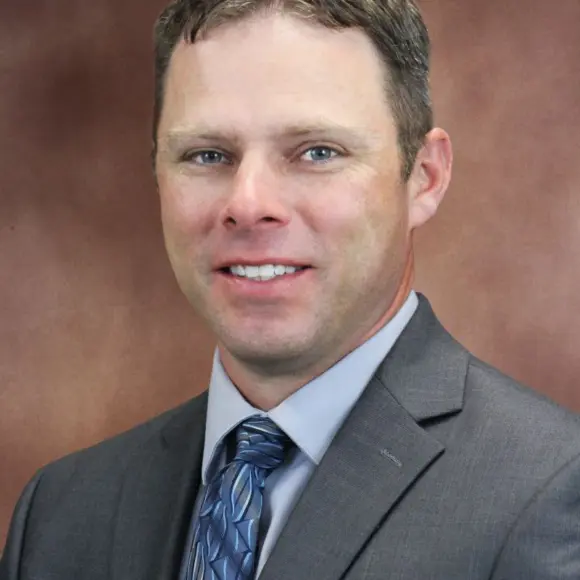
Chief Clinical Officer

Chief Ambulatory Officer
Accreditations

The Commission on Accreditation of Rehabilitation Facilities (CARF) is a non-profit organization that specifically accredits rehab organizations. Founded in 1966, CARF's, mission is to help service providers like rehab facilities maintain high standards of care.
CARF Accreditation: Yes
Contact Information
707 Sheridan Avenue
Cody, WY 82414









